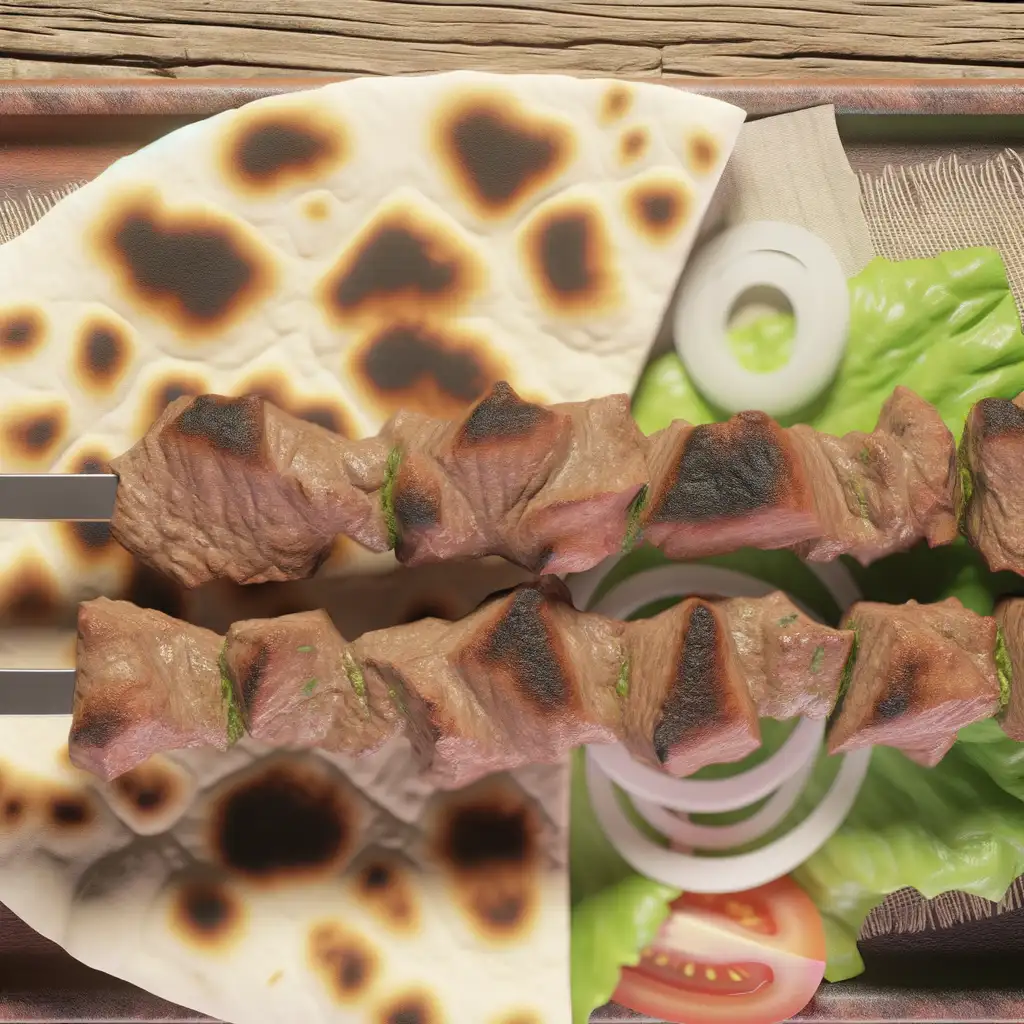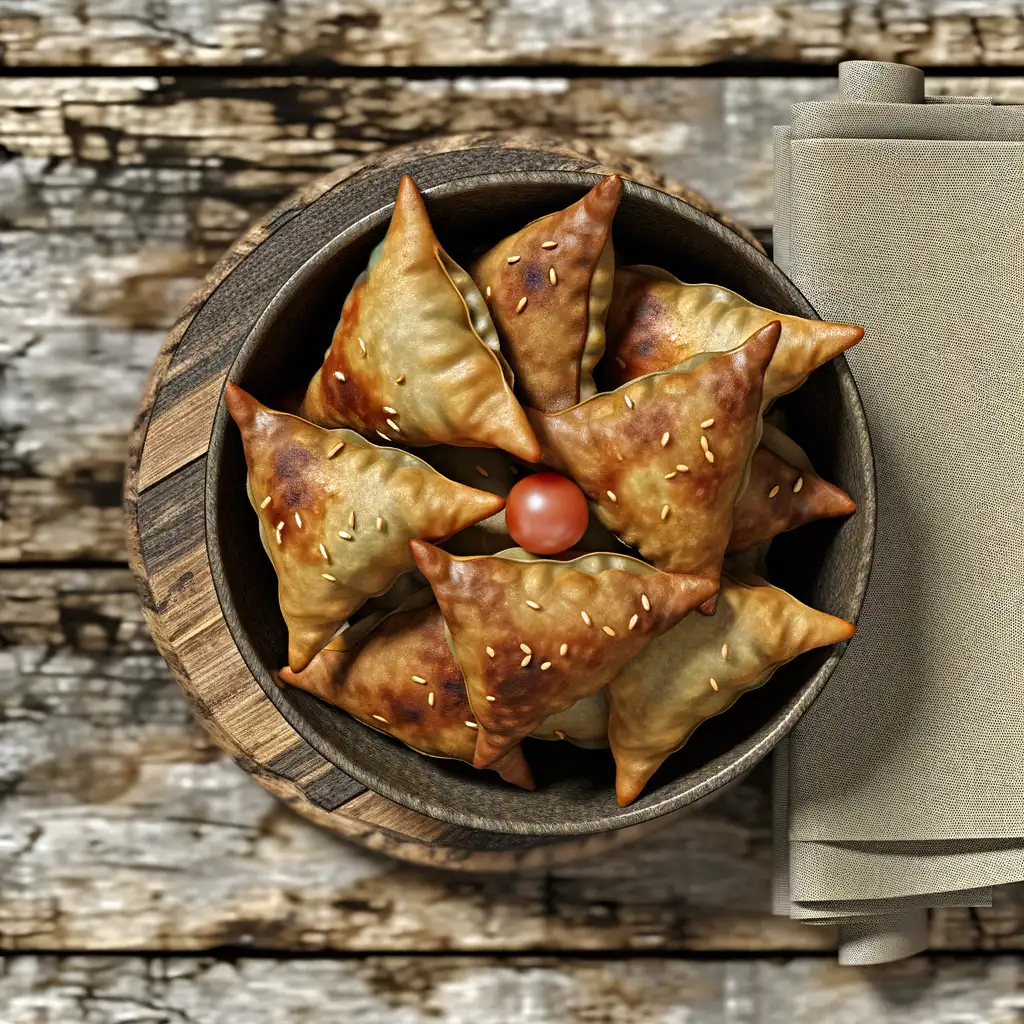



If you ever find yourself in Djibouti,don’t miss the chance to visit Obock—it’s a place that feels like stepping into a different rhythm of life. The moment you arrive,there’s this warm,salty breeze carrying the scent of the sea and frankincense,mingling with the chatter of fishermen mending their nets. The town’s modest harbor hums quietly with boats bobbing gently,their wooden hulls painted in bright blues and reds that contrast beautifully against the ochre buildings and the endless desert stretching beyond. Obock’s pace is unhurried,inviting you to slow down and soak in the simple pleasures. You’ll hear the melodic calls to prayer weaving through the air,blending with the laughter of children playing near the shore. The local markets are alive with vibrant colors—piles of spices,fresh fish,and woven baskets—and the friendly vendors greet you with genuine smiles,eager to share stories or a cup of sweet,spiced tea. What makes Obock truly special is its blend of cultures and history. It’s a crossroads where African,Arab,and French influences mingle,visible in the architecture and the flavors on your plate. Try the grilled seafood,fresh from the Gulf of Tadjoura,seasoned with local herbs and a squeeze of lime—it’s simple but unforgettable. Visiting Obock feels like discovering a quiet heartbeat of Djibouti,where the land,sea,and people come together in a warm,welcoming embrace.
The information on this page is currently being reviewed by Tripkliq and should be used as a guide only
Eng word: Hello
Eng pronunciation: Sah-lahm
Local language: Salam
Eng word: Goodbye
Eng pronunciation: Nah-guy
Local language: Nagaay
Eng word: Thank you
Eng pronunciation: Gah-dah
Local language: Gadda
Eng word: How much
Eng pronunciation: Kah-mah
Local language: Kamah
Eng word: Toilet
Eng pronunciation: Mah-nah fur-dah
Local language: Mana furdah
Eng word: Help me
Eng pronunciation: Ee-yee kah-lee
Local language: Iyyi kaali
Eng word: Yes
Eng pronunciation: Eh-yoh
Local language: Eyyo
Eng word: No
Eng pronunciation: Kah-lah
Local language: Kalla
Eng word: Excuse me
Eng pronunciation: Mahf
Local language: Maaf
Obock holds the distinction of being the first French settlement in Djibouti, established in 1884. It served as a key colonial outpost and marked the beginning of French influence in the region.
Obock is located on the northern shore of the Gulf of Aden, making it historically significant as a maritime hub for trade and navigation in the Horn of Africa.
Obock is home to a historic lighthouse that guided ships navigating the Gulf of Aden. It stands as a symbol of the city's maritime heritage and importance in regional trade routes.
Before Djibouti City became the main hub, Obock played a role in early plans for the Franco-Ethiopian railway, which connected Ethiopia to the sea and boosted regional commerce.
Obock has long-standing trade connections with Yemen, located just across the Gulf of Aden. These ties contributed to the city's cultural and economic development over centuries.
Pierre Arnoux, a French colonial administrator, played a key role in developing Obock during its early years as a French settlement. His efforts helped establish the city as a strategic outpost.
During the late 19th century, Obock was a focal point in the Scramble for Africa, as European powers competed for influence in the Horn of Africa. Its establishment marked France's foothold in the region.
Obock is a center for the Afar people, one of Djibouti’s indigenous communities. Visitors can learn about their rich traditions, including music, dance, and cuisine, which have been preserved for generations.
Obock’s port has been a vital gateway for trade and transportation in the region. It played a significant role in connecting Djibouti to neighboring countries and facilitating commerce.
In Obock, the most common Power Adaptor is Type C, Type E.



Grilled skewers of marinated meat, commonly served with flatbread and a variety of dipping sauces.

A popular snack or appetizer, these are deep-fried pastries filled with spiced meat, lentils, or vegetables.

A spicy stew made with meat, usually beef or lamb, cooked in a rich tomato and berbere sauce, often served with injera or rice.

A spongy, pancake-like bread that is often eaten for breakfast, typically served with honey, jam, or savory stews.

A traditional Djiboutian soup made with meat, vegetables, and spices, often enjoyed with bread or rice.

A fragrant rice dish cooked with spices, often served with meat or fish, and sometimes accompanied by a side of vegetables.
If you ever find yourself wandering through Victoria,the capital of Seychelles,you’ll immediately notice its laid-back charm mixed with a vibrant pulse that feels both intimate and alive. It’s not a sprawling metropolis but a cozy town where the ocean breeze carries the scent of salt and tropical flowers,and the chatter of Creole,English,and French blends into a warm,welcoming hum. Walking through the colorful streets,you’ll catch glimpses of bustling markets where fresh spices,exotic fruits,and fragrant vanilla pods fill the air,inviting you to taste the island’s rich flavors.
Victoria’s character is a beautiful blend of cultures,reflected in its colonial architecture,lively street art,and the friendly smiles of locals who are always ready to share a story or recommend their favorite spot. The city feels like a crossroads of history and nature,with the iconic clock tower standing proudly as a reminder of its past,while just a short stroll away,the lush Botanical Gardens offer a peaceful escape filled with giant tortoises and vibrant tropical plants.
What really makes Victoria special is how it balances the simplicity of island life with a genuine sense of community and culture. Whether you’re sipping a freshly brewed Seychellois tea at a café,listening to the distant rhythm of sega music,or watching fishermen haul in their catch at the harbor,there’s a comforting rhythm here that invites you to slow down,breathe deeply,and soak in the moment. It’s a place that stays with you long after you leave.
Zanzibar City,particularly its historic Stone Town,is a UNESCO World Heritage Site and a hub for exploring the idyllic islands of the Zanzibar Archipelago,famous for their white sandy beaches and spice plantations.
ExploreThe bustling capital of the Maldives,Malé is the perfect starting point for exploring the country's world-renowned islands,luxury resorts,and coral reefs.
ExploreIf you ever find yourself dreaming of a place where the ocean breeze carries the scent of spices and salt,Mombasa is that kind of city. It’s a vibrant,sun-soaked coastal town where the rhythm of life feels both laid-back and alive. Walking through its streets,you’ll hear the melodic call to prayer blending with the chatter of Swahili traders and the distant crash of waves against coral reefs. The city’s heartbeat is unmistakably tied to the sea,with colorful dhows bobbing gently in the harbor and fishermen hauling in their catch at dawn.
Mombasa’s character is a beautiful tapestry woven from centuries of history and culture. The old town,with its narrow alleys and intricately carved wooden doors,invites you to get lost in stories of Arab traders,Portuguese explorers,and local Swahili traditions. The aroma of freshly grilled seafood mingles with the sweet,warm scent of cardamom and cloves from nearby markets,tempting you to try dishes like pilau or samosas bursting with flavor.
What makes Mombasa truly special is its effortless blend of old and new,calm and chaos. You can lounge on white sandy beaches under swaying palms one moment,then dive into bustling markets or lively street festivals the next. It’s a place where every sunset feels like a celebration,painting the sky in fiery hues and promising more adventures tomorrow. Trust me,Mombasa isn’t just a destination—it’s a feeling you’ll want to carry with you long after you leave.
If you find yourself wandering through Port Louis,you’ll immediately notice its vibrant pulse—a lively mix of old-world charm and bustling modern life that feels both warm and inviting. The city hums with energy,from the colorful stalls of the Central Market where spices,fresh tropical fruits,and fragrant street food scents mingle in the air,to the chatter of locals bargaining and sharing stories. It’s a place where the past and present dance together,with colonial architecture standing shoulder to shoulder with sleek skyscrapers.
Walking along the waterfront,the salty breeze carries the distant calls of fishermen and the gentle clinking of boats bobbing in the harbor. The streets are alive with a blend of cultures—Creole,Indian,Chinese,and French influences swirl through the food,music,and festivals. You can’t help but be drawn into the rhythm of sega music playing softly from a nearby café or the rich aroma of dholl puri being freshly made on a street corner.
Port Louis isn’t just a city; it’s a sensory experience. The vibrant colors of the market,the warmth of the people,and the tantalizing tastes of local dishes like octopus curry or gateau piment make it unforgettable. It’s a place where every corner tells a story,and every moment feels like an invitation to explore deeper. Trust me,once you’ve soaked in its unique spirit,you’ll carry a piece of Port Louis with you long after you leave.
Dar es Salaam pulses with a vibrant energy that instantly wraps around you like a warm,familiar hug. It’s a city where the salty breeze from the Indian Ocean mingles with the rich aroma of street-side spices and freshly grilled seafood,creating an intoxicating sensory cocktail. Walking through its bustling markets,you’ll hear the lively chatter of vendors,the rhythmic beat of taarab music drifting from nearby cafes,and the occasional call of fishermen bringing in their catch. There’s a raw,unpolished charm here—far from the polished tourist spots—that makes every corner feel alive and authentic.
The city’s character is a beautiful blend of cultures,from the Swahili influences visible in the coral stone architecture to the colorful fabrics and crafts that spill out of shops and stalls. You can taste this fusion in the food too—imagine biting into a perfectly spiced mishkaki skewer or savoring a plate of ugali with fresh fish,all while watching the sun dip below the horizon,painting the sky in fiery oranges and pinks.
What makes Dar es Salaam truly special is its people—their warmth,resilience,and infectious smiles. Whether you’re sharing a laugh with a local artisan or joining a lively street dance,you’ll feel a genuine connection that stays with you long after you leave. It’s a city that invites you to slow down,soak in its rhythms,and discover stories woven into every street and wave.
Tourists may be offered unfavorable exchange rates or given counterfeit currency when exchanging money with unofficial vendors.
Individuals may pose as official tour guides and offer their services, only to provide little value or abandon tourists after receiving payment.
Taxi drivers or boat operators may overcharge tourists, especially for trips to nearby islands or remote areas, by quoting inflated prices or not using meters.
Scammers may advertise non-existent hotels or guesthouses online, taking deposits from tourists who arrive to find no such place exists.
Scammers may create a distraction, such as pretending to ask for help or causing a commotion, while an accomplice pickpockets the tourist.
Street vendors may inflate prices for souvenirs, food, or drinks when they realize the buyer is a tourist unfamiliar with local costs.
The use, possession, and trafficking of illegal drugs are strictly prohibited in Djibouti, including Obock. Penalties for drug-related offenses are severe and can include heavy fines and imprisonment. Tourists should avoid any involvement with illegal substances.
Smoking is generally allowed in public spaces in Obock, Djibouti, but it is advisable to avoid smoking in enclosed public areas, government buildings, and near schools or hospitals. Always look for designated smoking areas and follow local customs and regulations.
Vaping is not widely regulated in Djibouti, including Obock. However, it is recommended to exercise caution and avoid vaping in public spaces or areas where smoking is prohibited, as local attitudes toward vaping may vary.
What are other people saying about Obock?
Recent Social posts about Obock
There is nothing to show you for now.